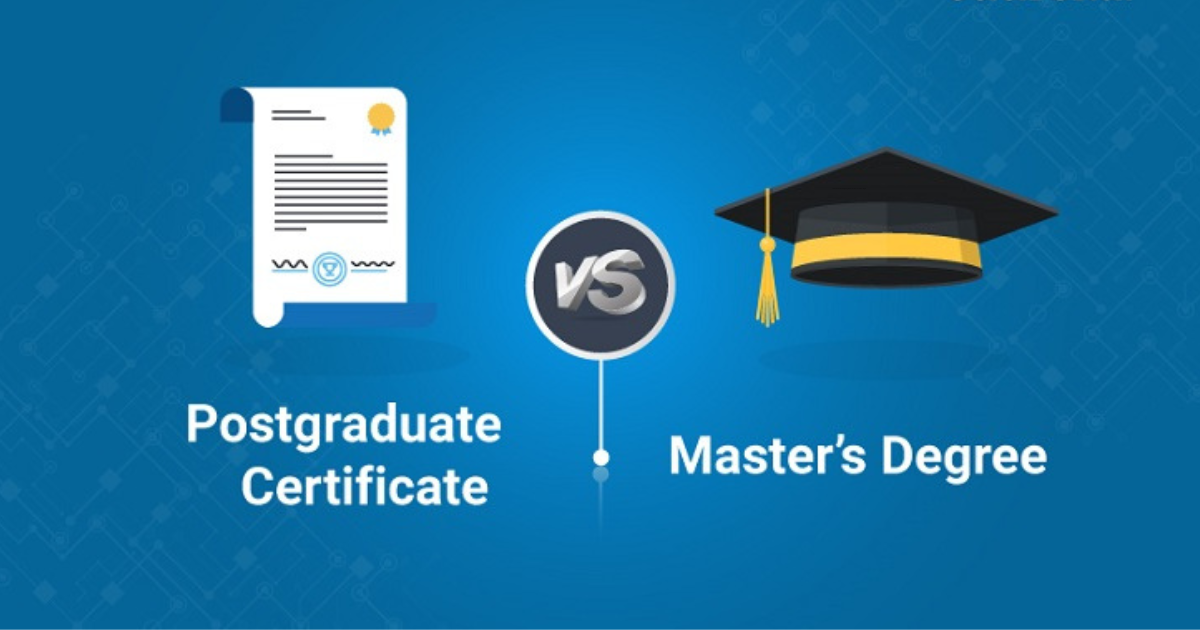Postgraduate study represents a major advancement in your academic and professional journey. A master’s degree provides the opportunity to develop knowledge, skills and career prospects. This article serves as a complete introduction to understanding master’s degrees and postgraduate study at universities, specifically for higher education in the UK.
Recognizing the Master’s Degree
What is a Master’s Degree?
A master’s degree is a graduate level qualification that is pursued after someone has completed an undergraduate qualification. It marks a higher level of study in a specific area. It signified further learning, and can lead you to various career paths. Students will be taught, assessed, and investigated areas of particular subject interests.
Types of Master’s Degrees
There is an array of master’s degrees. A few of them rigged with some key differences are set forth below:
| Degree Type | Typical Subject Focus |
| Master of Science (MSc) | Science, Technology, Engineering, Mathematics |
| Master of Arts (MA) | Humanities, Social Sciences |
A Master of Studies degree usually leans more towards research, yet what exactly that amounts to will vary from university to university, such as Edinburgh or the University of Manchester.
Why you should consider a Master’s Degree in today’s marketplace
In a competitive job market, possessing a master’s degree can together give your career prospects a boost. Many employers place value on a master’s qualification as evidence of a higher level of knowledge, the ability to conduct analytical enquiry, and commitment to professional development. A postgraduate qualification can lead you to a higher earning potential and access to more specialist roles, in particular for international students looking to attend a world-class institution.
Informing yourself about Postgraduate study options
Full-time vs. Part-time Postgraduate study
When applying for a master’s, one of the most important decisions is whether to apply as a full-time student or part-time student. Full-time courses involve a year of intensive study which can represent fast-tracked academic progression and completion of your qualification. Part-time options can give students flexible study and allow students to balance other commitments (work or other studies). For UK students particularly, part-time study is a fantastic option as it allows students to continue working while studying.
Research Degrees vs. Taught Courses
When it comes to postgraduate study, there are a number of alternatives available, including research degrees and postgraduate taught programmes. Each of these could take different forms:
• A taught master’s course is normally a structured course of study that includes lectures and assignments.
• Research degrees such as a PhD are normally based on independent research and related analytical skills culminating in a thesis or dissertation.

Choosing a Course That is Right For Your Career
Selecting the appropriate course is crucial to ensure that your postgraduate study aligns with your career aspirations. Take the time to consider what your goals are for the future, what skills you want to develop, and if there are particular industries or roles you want to focus on. Read through course pages, speak to career advisors and connect with professionals in the industry to help with this decision!
The Contains of Master’s Level Courses
Core and Electives
Master’s level courses are typically made up of two main components:
• Core modules that provide a broad basis of knowledge
• Electives that allow students to pursue specialist interests
This ensures a rounded educational experience, enabling both depth and breadth.
Assessment and Evaluation Methods
Assessment terms vary a lot on individuals levels of learning and there are many assessment methods used in master courses e.g. essays, exams, presentations, projects and dissertations. Assessments are made to look at students; subject knowledge, analytical thinking and applying it to practice. The evaluation criteria can be stringent as it is likely to be further to, the subject and level of study.
Time and Flexibility for Courses
The amount of time taken for a master’s degree is different at each university and dependent on how the program is studied (part-time or full-time). Many UK university’s offer one-year master’s programs. Flexibility is an important area as well, with many institutions offering fully online or blended learning options.
Studying in the UK: A Guide
A New Masters in the UK
The UK has many universities of repute with master’s degrees including the University of Manchester and Edinburgh. When thinking of postgraduate study, investigating the rankings of universities and reputations of their programmes is most essential.
Life and Resources on campus for postgraduate learners
Campus life as a postgraduate learner in the UK is diverse and fulfilling. There are many resources available; academic resources that include libraries, research facilities, and student services–to meet the needs of master’s learners and PhD learners. Being involved with campus residences and resources where possible add to the experience – community with other postgraduate learners and their life experiences, with help with student unions where needed for guidance through your master’s.
Teaching Practices and Language of Instruction
UK universities emphasize the use of active learning techniques, along with the development of critical thinking and analytical skills. The language of instruction is predominantly English, therefore international students must demonstrate proficiency.
Research Avenues in Master’s Programs
How to Get Involved with Research in Your Master’s
Getting involved with research when studying for a master’s degree can be a beneficial way to enhance your understanding further and trajectory specialist skills. Most courses include either research projects or comprehensive dissertations, which means that you can also investigate areas directly associated with your field.

Funding and Grants for Degree by Research
Funding avenues and grant support are available in relation to the pursuit of postgraduate research degree programmes. The funding varies and it’s available for individual research degree costs and can contribute to tuition fees, living expenses and research expenses.
Getting Your Research Published
Publishing your research findings is a great way to publicize your work and improve your professional prospects. Publishing has the potential to demonstrate you are knowledgeable about your subject and add to the body of knowledge in your field.

